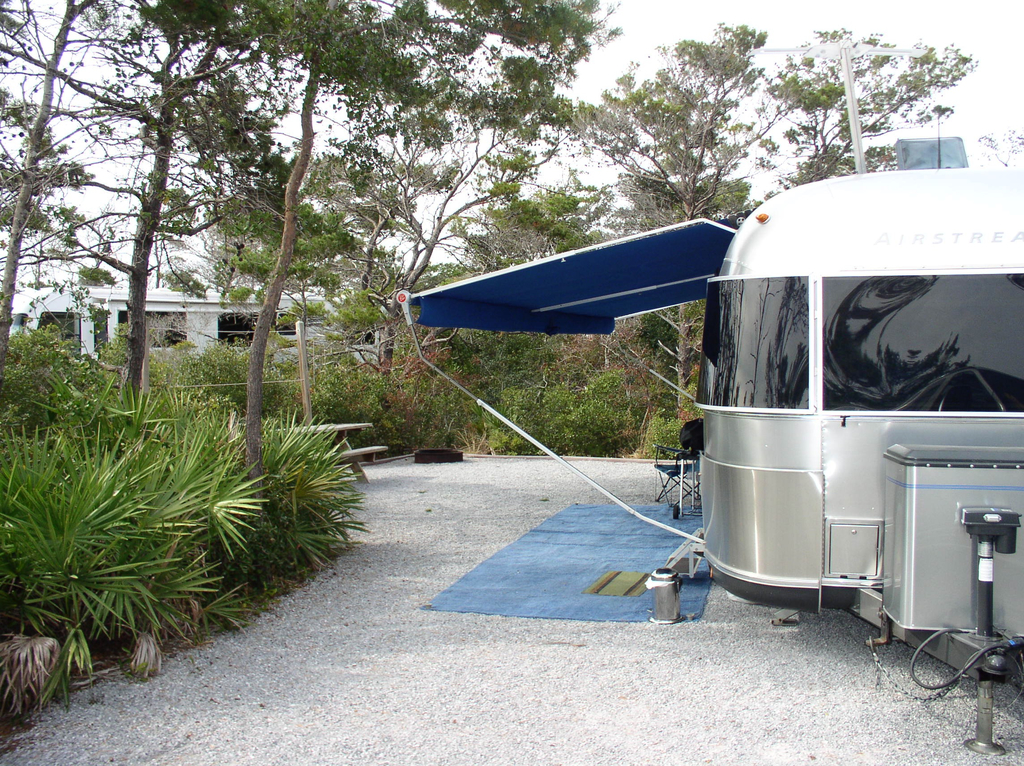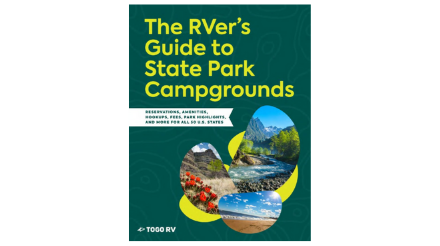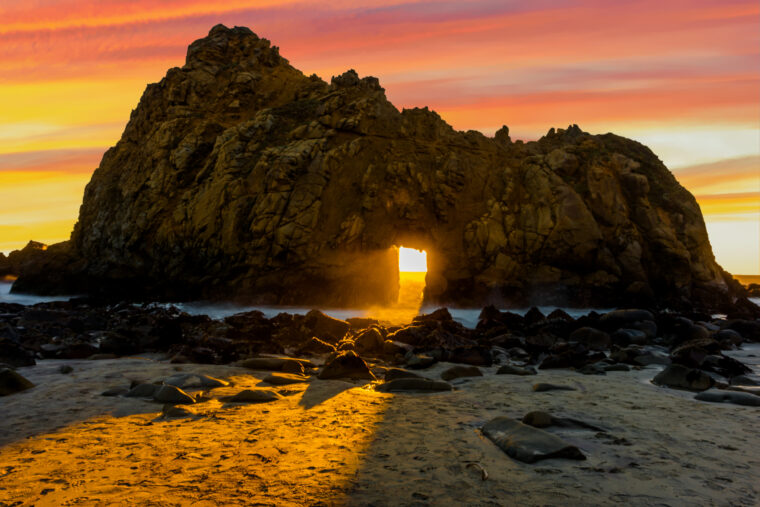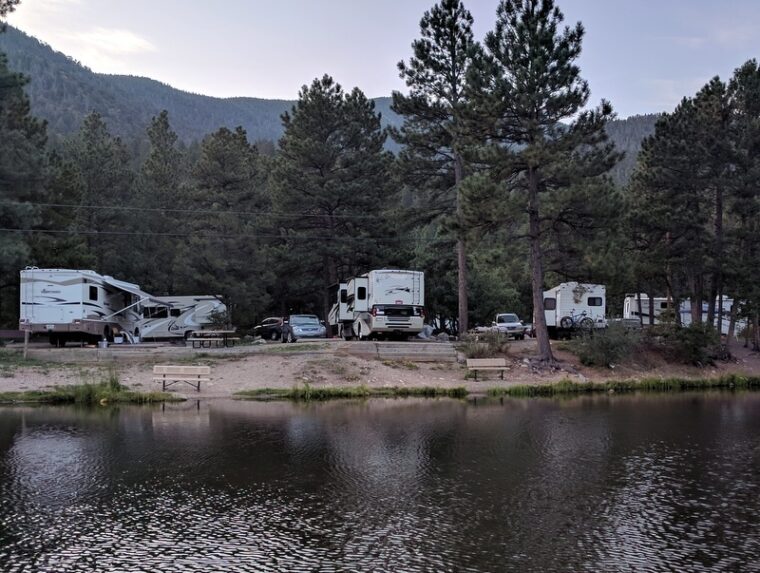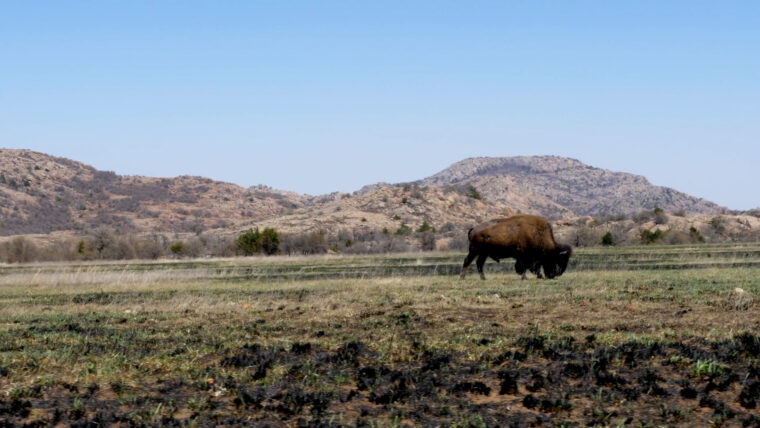Floridians are proud of their state parks, and rightfully so. The state is the only four-time recipient of the Gold Medal award for the best state park system in the U.S., as awarded by the National Recreation and Parks Association. The system protects 800,000 acres of remarkable natural beauty while welcoming more than 30 million annual visitors.
About Florida State Parks
Florida’s state parks offer a diversity of habitats—from the expected beaches and swamps to caves, springs, rivers, and forests. It harbors the endangered Florida panther (Fakahatchee Strand Preserve State Park), the endemic Florida scrub jay (Oscar Scherer State Park), and bison (Paynes Prairie Preserve State Park).
Nearly 410 miles separate Perdido Key State Park on the state’s far western border with Alabama from Fort Clinch State Park in the northeastern corner across the St. Mary’s River from Georgia. More than 500 miles separate Fort Clinch in the north from Bahia Honda State Park in the southern Florida Keys. There are 175 state parks, trails, and historic sites that cover the expanse.
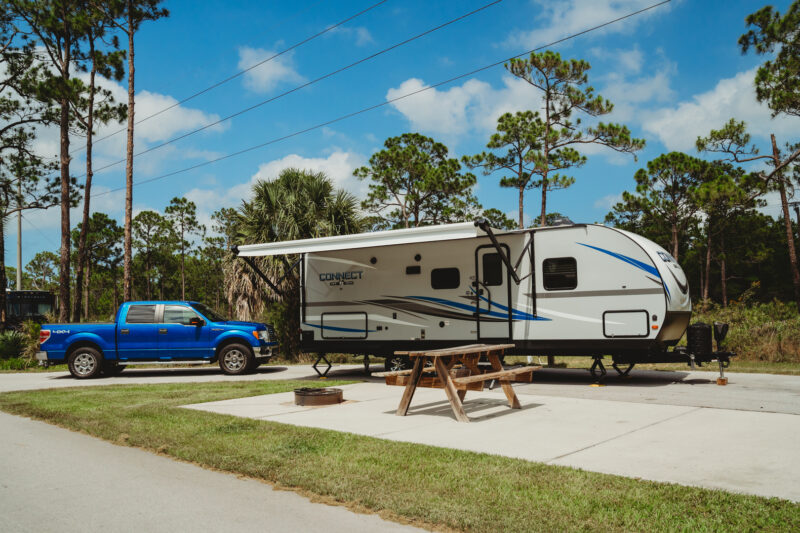
Stand-Out Features of Florida State Parks
Florida’s state parks offer unique activities, perhaps none more so than the mermaid show at Weeki Wachee Springs. Live shows are offered daily at 11 a.m. and 3 p.m.
Twenty-five miles west of Orlando, Lake Louisa State Park offers multiple glamping options and horseback riding. While there’s no RV camping, Amelia Island State Park is the only state park in Florida to offer horseback riding on the beach.
Florida is home to more freshwater springs than any other place on earth. Go tubing on the Ichetucknee River at Ichetucknee Springs State Park in warmer months. During the winter months, Florida’s springs provide essential habitats for manatees. See them in huge numbers at Gilchrist Blue Springs State Park, Manatee Springs State Park, and Ellie Schiller Homosassa Springs State Park (note that the latter doesn’t offer camping).
John Pennekamp Coral Reef State Park in Key Largo is the first undersea park in the U.S. Visitors can enjoy the park’s colorful coral reefs and varied marine life on a glass-bottom boat tour or take a closer look by scuba diving or snorkeling.
Nine miles of undeveloped Gulf Coast beach awaits at the stunning Cayo Costa State Park, which is accessible only by boat, kayak, or ferry. Park your rig and stay at one of the campsites or cabins to live out your Robinson Crusoe fantasies while swimming, shelling, snorkeling, fishing, and birding.
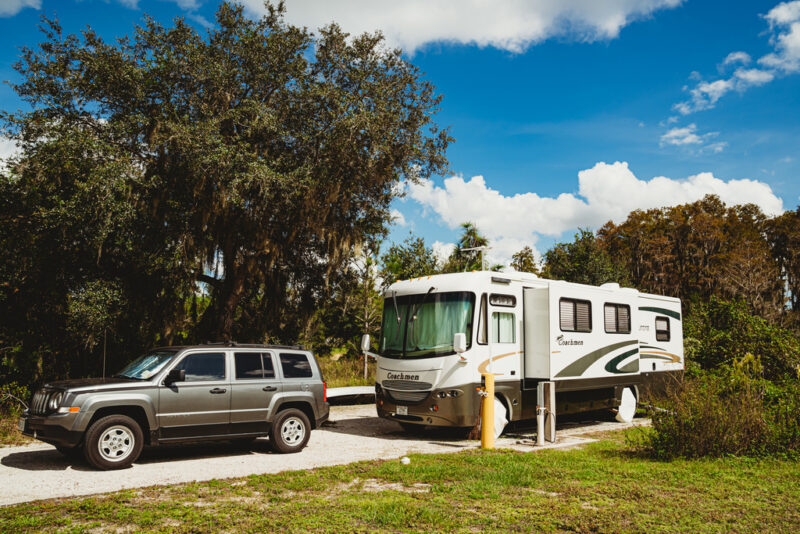
How to Make a Reservation at Florida State Parks
Campsite reservations can be made from 1 day to 11 months in advance by calling 1-800-326-3521 or TDD 888-433-0287 between 8 a.m. and 8 p.m. Eastern Time or by going online.
Popular RV camping parks fill up several months in advance. If the park you’re interested in staying at is fully booked, a helpful feature of the Florida State Parks’ online reservation guide suggests lesser-visited parks located nearby with openings.
What to Expect RV Camping at Florida State Parks
Full-facility campsites for RVers include water, electricity, grills, and picnic tables, along with centralized showers, restrooms, and dump stations. Pets are allowed at campsites with restrictions.
Campsite prices vary from $16 to $42 per night depending on the park. A non-refundable $6.70 reservation fee (per reservation, not per night) is paid when making a reservation online or through the call center. This fee is collected at the time of reservation. All parks charge a $7 nightly utility fee for RV camping.
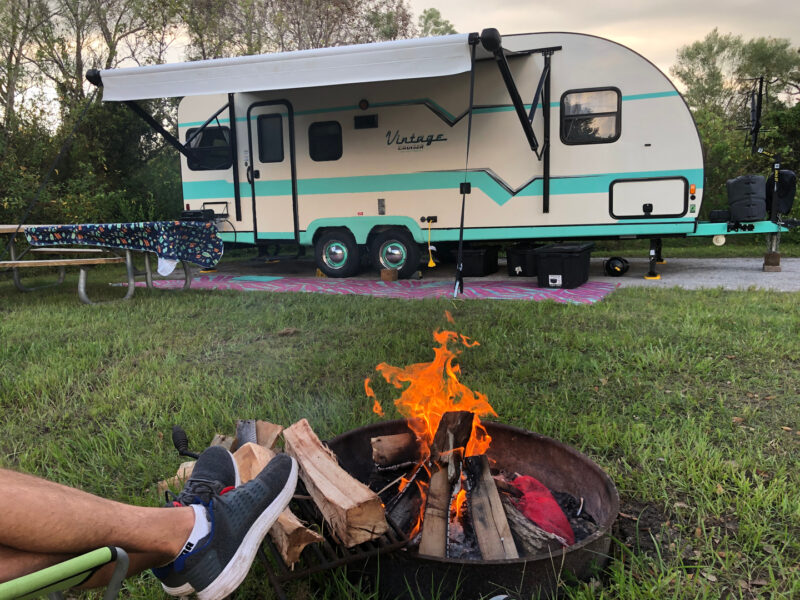
A 50 percent discount on the base camping fee is available to Florida residents who are at least 65 years of age, or Florida citizens possessing a current Social Security disability award certificate or a disability award certificate from the federal government. Documentation will be requested on arrival. More detailed information on fees and discounts can be found here.
Check-in time for campsites is 3 p.m. and check-out time is 1 p.m. For cabins, check-in time is 4 p.m. and check-out time is 11 a.m. Quiet hours are between 11 p.m. and 7 a.m.
A new state park unit, William J. “Billy Joe” Rish Recreation Area, located in the panhandle along the Gulf of Mexico, has been designated to provide recreational opportunities for people with disabilities, their families, and their caregivers. Thanks to a partnership between the Florida State Parks Foundation and the Surfing’s Evolution & Preservation Foundation, accessibility is improving with more than 50 beach wheelchairs available at 10 coastal state parks.
How national parks are addressing accessibility challenges
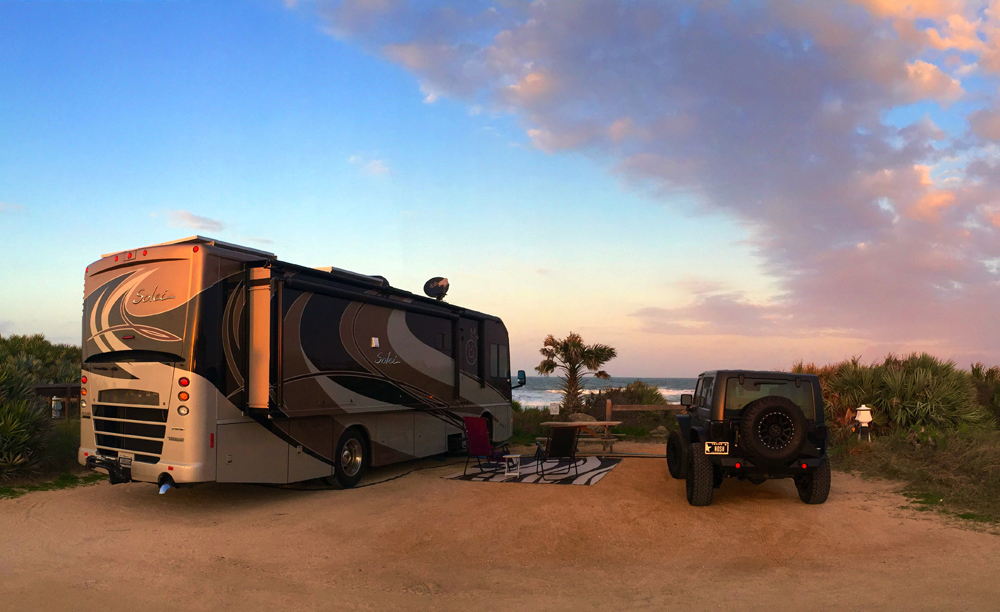
The Best Florida State Parks for RVers
- Fort Clinch State Park located in Fernandina Beach combines history and a secluded beach, and offers opportunities to find shark teeth; see wild horses on nearby Cumberland Island, Georgia; and watch U.S. Navy nuclear submarines stationed at King’s Bay, Georgia, head out to sea.
- Another one of Northern Florida’s ocean-side parks is Gamble Rogers Memorial State Recreation Area at Flagler Beach. This park is a great alternative if the more well-known Anastasia State Park is booked. Both provide easy access to the shops, restaurants, and history of St. Augustine.
- A picturesque strip of sand in the Gulf of Mexico south of Tallahassee, St. George Island State Park delights birders, anglers, sunset chasers, and stargazers.
